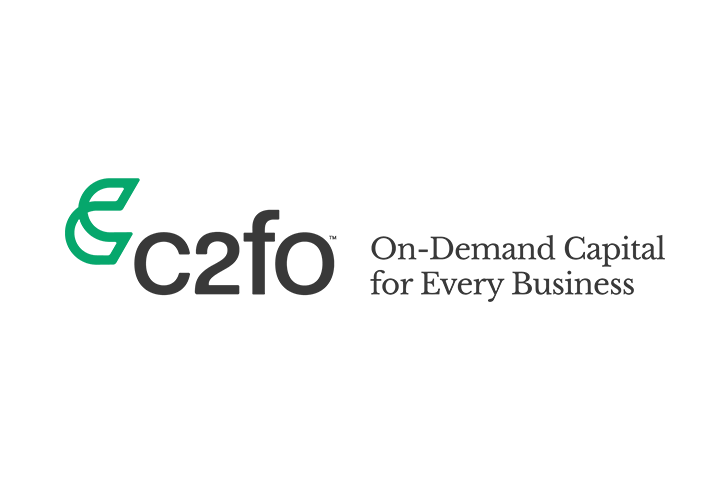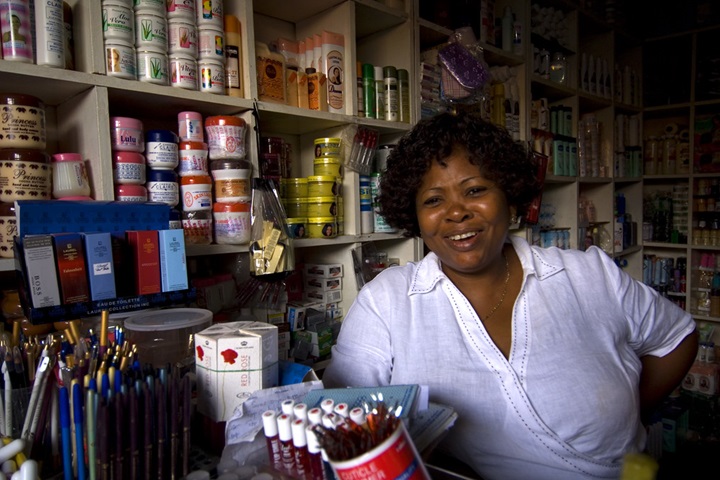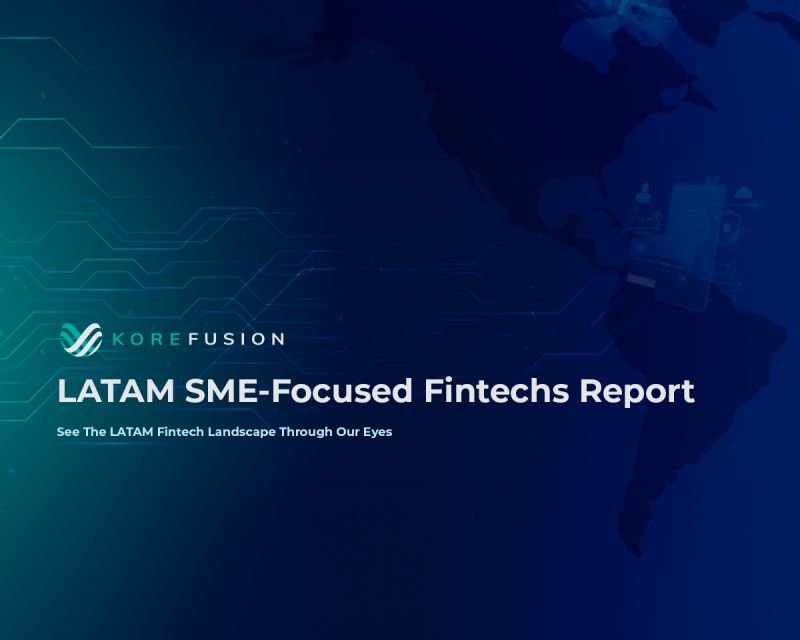From the farmer’s market vendor in Washington, D.C., to the small business owner in Africa, the growing number of businesses that accept customers’ credit cards by plugging in Square or using ApplePay are part of the wave of financial technology known as FinTech.
Georgetown’s Center for Financial Markets and Policy, the World Economic Forum (WEF), and the SME Finance Forum convened FinTech leaders at Georgetown’s McDonough School of Business April 14 to discuss the growing industry and the approaches regulators have taken to address the lack of financing for small and medium-sized enterprises (SMEs).
“It really is about larger issues of access to capital and financial inclusion,” Reena Aggarwal, director of the center and Robert E. McDonough Professor of Business Administration and Professor of Finance at Georgetown McDonough.
During the roundtable discussion, Georgetown McDonough students presented the report, “The Complex Regulatory Landscape for Fintech: An Uncertain Future for SME Lending.”
To craft the report, Christopher Copenhaver, Shuang Hao, Vincent Tran, and Jonah Trout, all graduating MBA students, and Hilary Halpern (MBA ’17), started with the World Economic Forum’s previous work on the topic. They then interviewed policymakers, regulators, and private sector leaders. The report focused on regulations in three countries: the United Kingdom, the United States, and China.
The discussion centered on the definition of FinTech as marketplace lending, or any non-bank entity that provides money to individuals or businesses through online services. Some marketplace lenders – often abbreviated “MPLs” – lend their own money and others serve as platforms to facilitate lending between two other parties.
FinTech is increasingly viewed as a potential solution for the credit gap that SMEs often face around the world, raising questions about how to lend to small businesses that often exist in challenging environments.
“Regulators are concerned about potential risks,” said Trout. “They want to protect borrowers and create a safe environment for companies.”
The United States, the United Kingdom, and China have taken different approaches to regulating marketplace lenders, from the principles-based guidelines of the U.K. to the regulatory ambiguity in the U.S.
“Regulators have a challenging job, to foster innovation while at the same time protecting market participants,” said Aggarwal, who serves on the WEF’s Global Agenda Council on the Future of Financing & Capital.
The roundtable discussion will inform the final version of the report, set to be released later this year by WEF.










